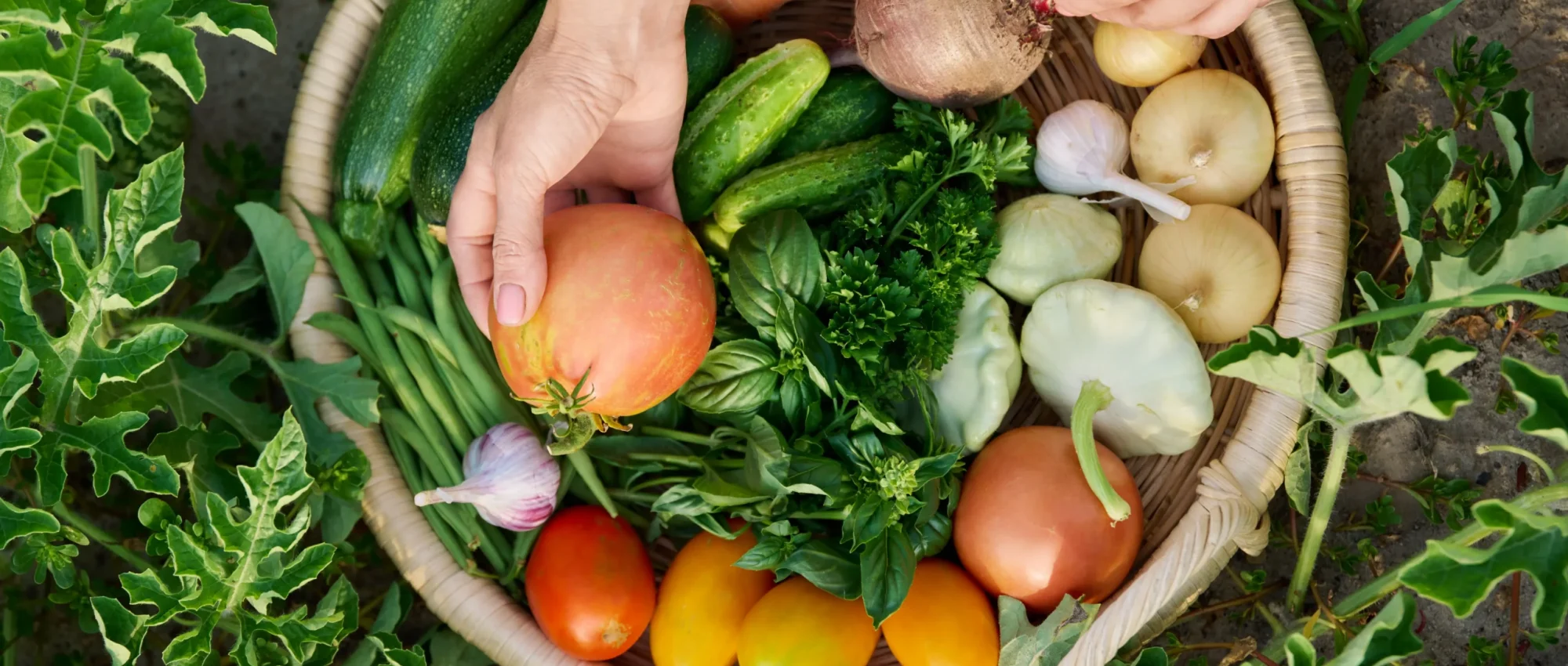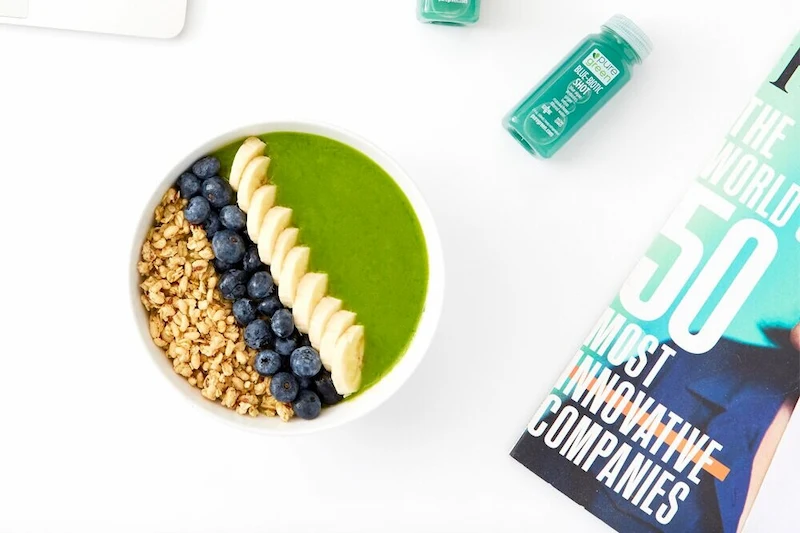The Incredible Health Benefits of Vegetable Juice
Our mothers always told us to eat our veggies, and for good reason. One of the healthiest habits you can develop is to incorporate more whole vegetables into your diet. That is, however, easier said than done. Our rushed lifestyles do not typically accommodate the recommended daily intake of fresh vegetables. For that reason, we will take an in-depth look at the 10 most nutritious vegetables for a healthy juice.
Vegetable juice offers a convenient and efficient way to increase your intake of essential nutrients. In today’s fast-paced world, where preparing and consuming whole vegetables can be challenging due to time constraints, vegetable juice serves as a quick and easy alternative. It allows you to consume a concentrated amount of vitamins, minerals, and antioxidants found in vegetables, which are vital for maintaining good health.
Drinking vegetable juice can be especially beneficial for those who struggle to meet their daily vegetable intake. It’s a simple yet effective method to ensure you’re getting the diverse nutrients that vegetables offer, such as dietary fiber, potassium, and various vitamins like A, C, and K. Moreover, vegetable juice is often lower in calories and can be a great addition to weight management diets. By incorporating vegetable juice into your diet, you’re not only adhering to the age-old wisdom of eating your veggies but also adapting it to suit your modern lifestyle.
Before we delve into the best healthy juices to pick up at your local juice bar franchise, let’s take a look at why the benefits of veggies are more than just an old wive’’ tale.
WHY ARE VEGETABLES IMPORTANT FOR OUR HEALTH?
They Are Nutrient-Dense
In terms of nutrition, veggies pack a punch with minimum calories. The phytonutrients in vegetables contain a wide variety of essential minerals and vitamins and a lot of flavors. Legumes, for instance, are one of the best plant-based proteins you can find and are also crammed with fiber and iron.
Vegetables Are The Perfect Dieter’s Companion
As mentioned, vegetables are very low in calories. Veggies are also considered a “lean indulgence” because of a unique biochemical quirk; it takes almost as many calories to digest vegetables as there are in vegetables. You can also fill up for fewer thanks to the high fiber content.
Incorporating vegetable juice into your diet can be an excellent strategy for nutrient-rich, low-calorie consumption. The beauty of vegetable juice lies in its ability to pack a variety of vegetables into a single, easy-to-consume serving. This not only ensures you’re getting a wide range of essential vitamins and minerals but also helps in maintaining a low-calorie diet. Vegetable juices, especially when made with leafy greens, cucumbers, celery, and other non-starchy vegetables, are incredibly low in calories yet high in nutrients.
They can be an ideal option for those looking to lose weight or maintain a healthy weight, as they provide the body with necessary nutrients without the added calories. Additionally, the process of juicing can make some nutrients more readily available for absorption, maximizing the health benefits you receive from each sip of your vegetable juice.
They Provide Complex Carbohydrates
Instead of the empty carbs and calories, you will so often find in junk food, veggies provide energy through complex carbohydrates. What this means is that there is a slow release as these carbs take some time to digest. There are no sudden sugar spikes or drops either, though there are some exceptions to this rule, like the high glycemic index sugars found in beets.
Cancer-Combating Phyto’s
Low in Sodium and Bad Cholesterol
Vegetables are naturally low in sodium and completely free of bad cholesterol, making them ideal for promoting cardiovascular health and overall wellness. Low sodium content helps prevent high blood pressure, a key factor in reducing the risk of heart disease and stroke. Additionally, the absence of bad cholesterol ensures that vegetables do not contribute to arterial plaque buildup, which can lead to atherosclerosis. Combined with their high fiber content, vegetables actively support cholesterol management by aiding in the removal of LDL (bad cholesterol) from the body, further enhancing heart health and vitality.
WHAT ARE THE COLD PRESSED JUICE BENEFITS?
Your veggies are available in many varieties according to their biological groups. The vegetable families include:
- Cruciferous – broccoli, cabbage, cauliflower
- Leafy Greens – kale, lettuce, spinach
- Marrows – pumpkin, cucumber, zucchini
- Edible Stems – celery, asparagus
- Roots – potatoes, sweet potatoes, yams
- Allium – onions, garlic, shallots
The Colours of Your Vegetables
You will also get the most benefits from vegetables if you incorporate a wide variety into your diet. We have covered the vegetable families, but you should also consider the color. As a rule of thumb, foods of the same color generally contain similar compounds. Try to consume a rainbow of veggies for maximum benefits.
- Reds – Tomatoes, for instance, contain lycopene, which is potent in combating prostate cancer and heart disease.
- Greens – Your leafy greens are high in lutein and zeaxanthin, which help protect against age-related eye degeneration.
- Blues and Purples – The anthocyanins found in foods like blueberries and eggplants can also help fight against cancer.
- Whites – Cauliflower, for instance, contains sulforaphane that also combats cancer.
WHICH VEGETABLES ARE BEST FOR JUICE?
1. Kale
As a member of the cruciferous family, there are actually many different types of kale. The leaves can be green or purple, or a combination, with a curly or smooth shape and a fibrous stem. On average, a cup of raw kale contains vitamins A, K, C, B6, and manganese, calcium, potassium, and magnesium.
It also contains very little fat, but a large amount of alpha-linolenic acid, more commonly known as omega-3.
Vitamins and minerals aside, kale is also a potent antioxidant that helps to fight off free radicals that cause aging. We have mentioned that it contains vitamin C, but kale contains much more than other vegetables – 4.5 times more than spinach, and also one of the best sources of vitamin A. It is also beneficial to lower bad cholesterol, which in turn helps lower the risk of heart disease.
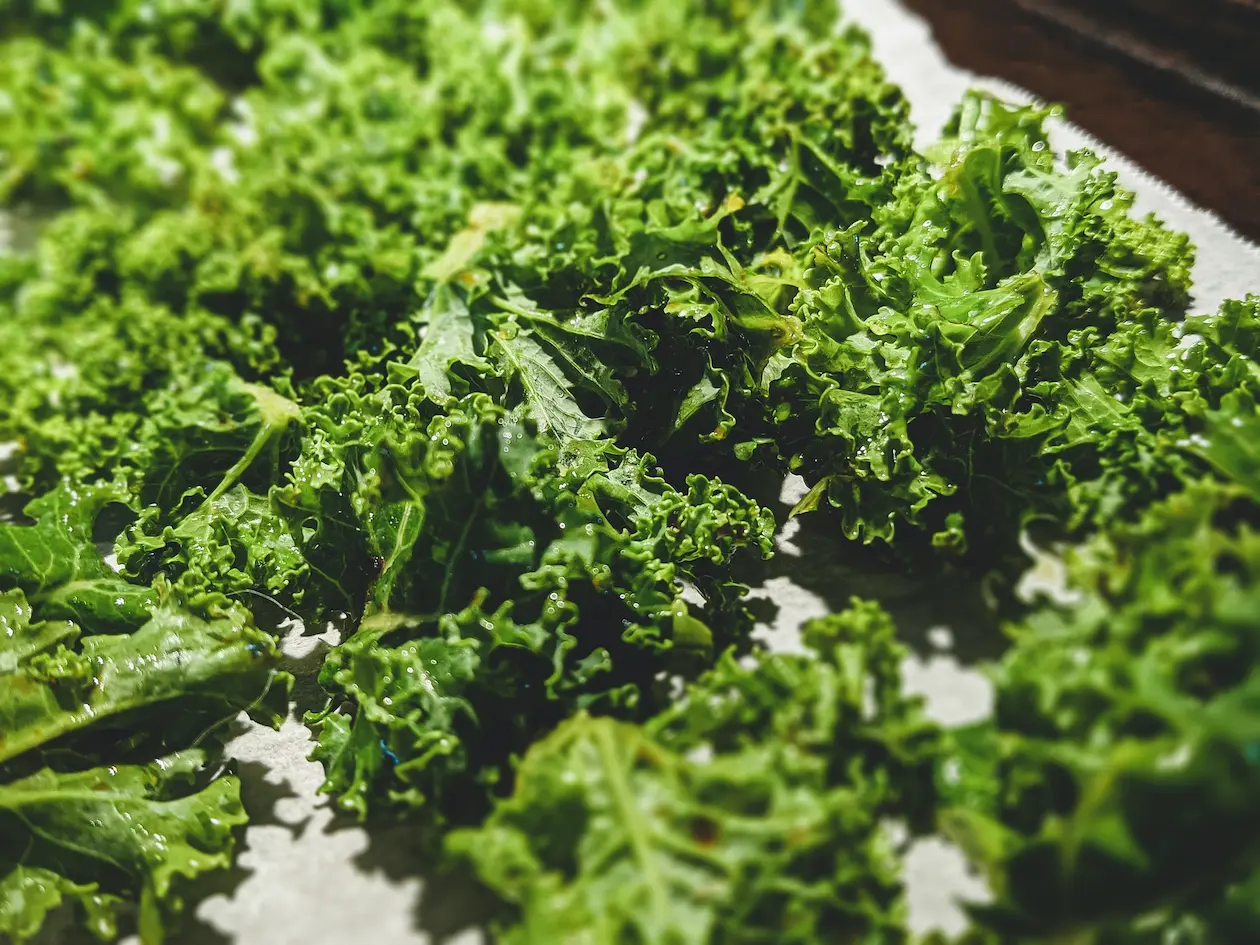
2. Carrots
The high concentration of beta-carotene in carrots is well documented for its important role in eye health. It is also a rich source of potassium, and vitamins C, A, and K. Fresh carrot juice also contains carotenoid pigments lutein, and zeaxanthin, a powerful source of antioxidants to fight off the unstable free radical molecules. These same carotenoids also promote liver health.
Another perk of carrot juice is its ability to improve blood sugar. Only a small amount is beneficial to help lower and control blood sugar levels, thanks to its low glycemic index.
There is a precautionary note to this – carrot juice has less fiber than whole carrots and does contain natural sugars. Because of the lower fiber content, the sugar is more readily absorbed, so drinking too much carrot juice can have the inverse effect, and spike your blood sugar instead.
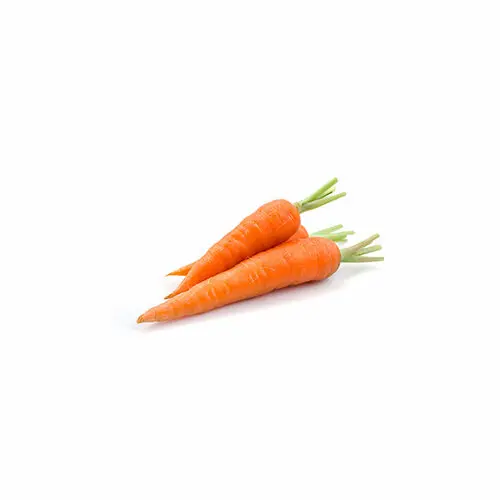
3. Spinach
From the same family as beets and kale, spinach gives you all the essential nutrients you need to combat numerous health issues. Raw spinach especially is loaded with carotenes, iron (double the amount than other vegetables), iodine, amino acids, and magnesium.
These minerals are alkaline and help to balance pH levels. Now add vitamins A, C, K, E, and B complex for a powerful punch.
Regular consumption of raw spinach found in juices can help prevent anemia, thanks to the high iron content, and relieves rheumatoid arthritis due to the alkalinity of this superfood.

4. Tomatoes
This is another popular and nutritious juice that is packed with a wide variety of vitamins, antioxidants, and minerals. It is very high in vitamins C, K, A, B1, and B3 in particular.
The high concentration of lycopene, a powerful antioxidant, is also linked to numerous health benefits. For instance, it can significantly reduce cholesterol and even waist circumference.
Furthermore, the abundance of phytonutrients also helps prevent blood clotting, which is crucial to those suffering from coronary conditions.
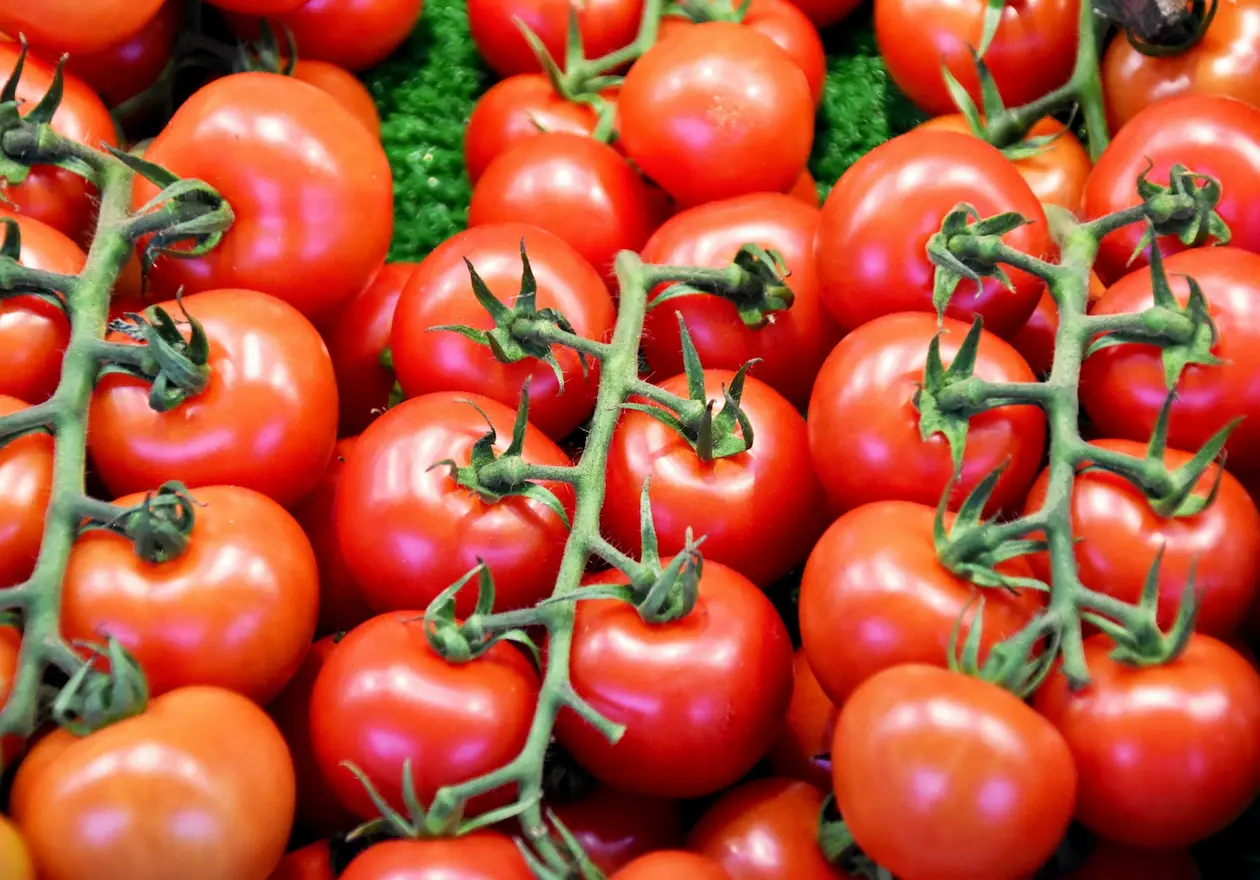
5. Celery
This crunchy, somewhat pungent, and fibrous vegetable joins the ranks as another powerful antioxidant and low-calorie snack. It contains vitamins A, C, K, and B’s, and minerals calcium, magnesium, zinc, folate, and biotin.
The phytochemicals have demonstrated anti-inflammatory properties that are helpful to combat diseases like rheumatoid arthritis. Like other antioxidants on our list, it can also help prevent cancer, heart disease, and slow down the aging process.
In addition, because celery is primarily just made of water, it helps to keep you hydrated.
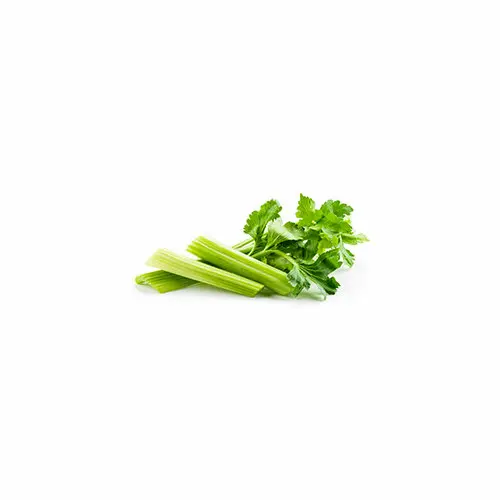
6. Beets
Also known as beetroots, beets boast an impressive nutritional profile. While low in calories, they contain a bit of practically everything you need, including vitamins C and B6, and folate, magnesium, potassium, manganese, iron, and phosphorus.
Regularly consuming beets can keep your blood pressure in check, and in turn, reduce your risk of heart failure and strokes. Studies have also shown that nitrates in beets can be beneficial both physically and mentally, and enhance athletic performance and brain health.
Beets are especially advantageous in combating age-related mental degeneration like dementia.
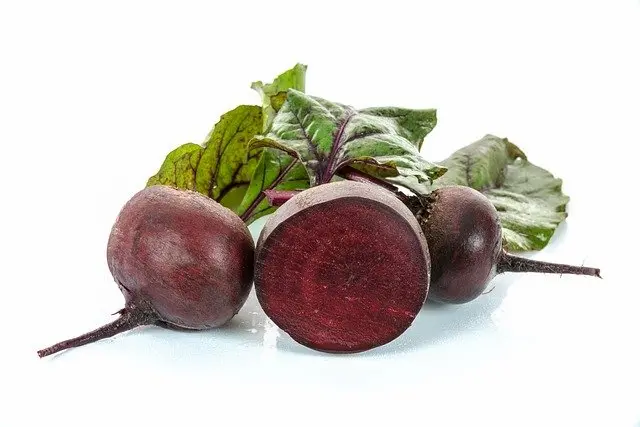
7. Broccoli
This miniature-looking tree is part of the cruciferous family and relates to cabbage and brussel sprouts. This little green stalk holds a powerhouse of vitamins, minerals, fiber, and antioxidants. Raw broccoli, for instance, is an excellent source of vitamin C. The combination of potent antioxidants also offers an additional boon to overall health.
High amounts of lutein and zeaxanthin also help prevent cellular damage to your eyes. Several studies also show that broccoli can support your heart in numerous ways. For instance, broccoli plays its part in lowering LDL cholesterol and triglyceride levels.
Thanks to the high traces of vitamin C and calcium, broccoli can also help stave off dental disease and improve oral health. Finally, but by far not least, as a good source of vitamin K, broccoli can support healthy bones and joints.
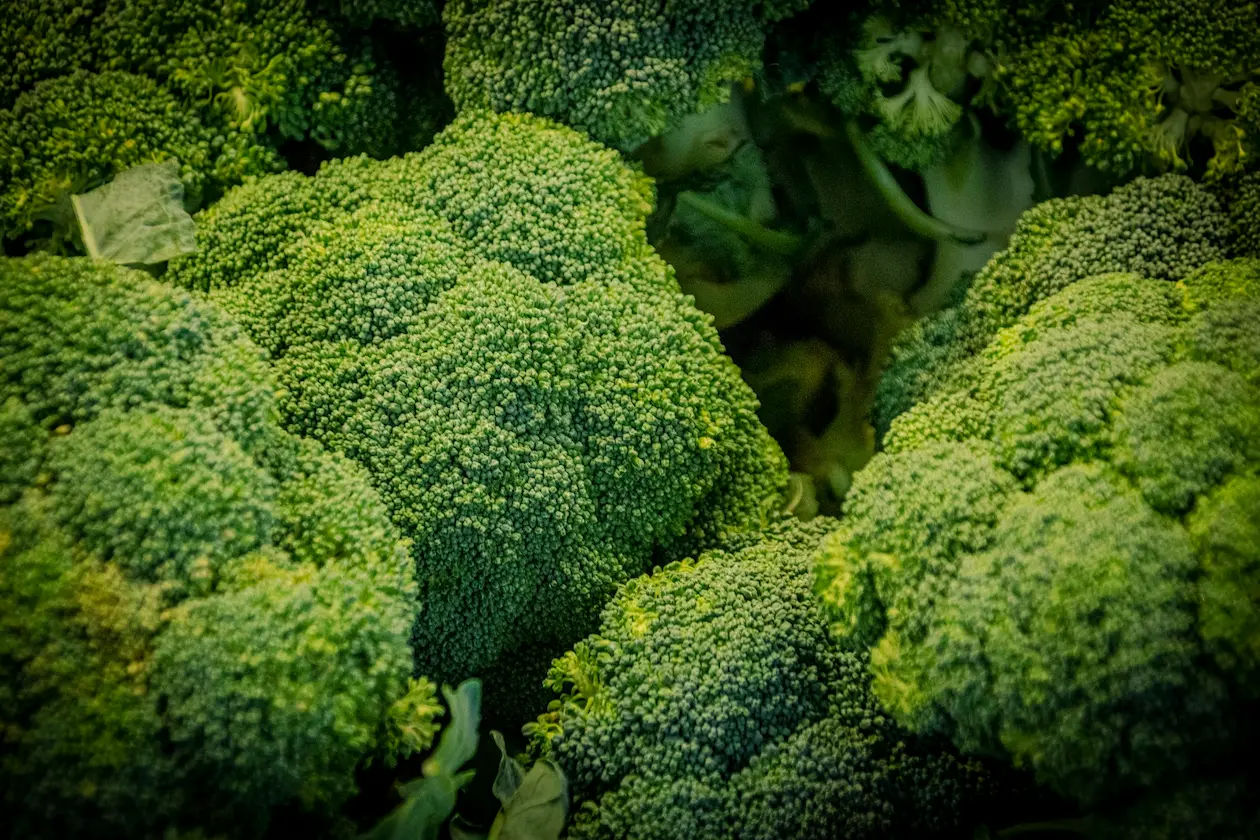
8. Wheatgrass
Long regarded as a superfood, wheatgrass juice comes with amazing benefits. It can be consumed fresh as “living food”, or made from its powdered form. Wheatgrass is hailed as an everyday health tonic due to its antioxidant, antibacterial, and anti-inflammatory properties.
It contains a whopping 17 amino acids, vitamins A, C, E, K, and B complex, iron, calcium, enzymes, magnesium, chlorophyll, and phytonutrients – what a mouth full!
Chlorophyll, for instance, helps to eliminate toxins from the body. Enzymes, in turn, aids in digestion to break down food for better nutrient absorption, and boost your metabolism.
Furthermore, wheatgrass juice can boost your immune system as well as your energy levels. Once you have eliminated certain toxins, your body can direct energy more productively.

9. Cabbage
Often overlooked in the juicing world, cabbage is a nutritional gem that deserves recognition. This cruciferous vegetable is rich in vitamins, minerals, and antioxidants that offer a wide array of health benefits. Whether juiced raw or combined with other vegetables, cabbage provides a mildly sweet and earthy flavor.
It’s an excellent source of vitamins C and K, folate, and fiber. Cabbage juice is also known for its detoxifying properties, thanks to its high sulfur content, which aids liver function.
Cabbage contains glucosinolates, compounds that help protect against oxidative stress and support a healthy immune system. Its natural anti-inflammatory properties can also promote gut health, reduce bloating, and support digestion.
Adding cabbage to your juice can contribute to healthier skin, better digestion, and improved energy levels. It’s a versatile option that pairs well with apples, carrots, or ginger for a nutritious and delicious drink.
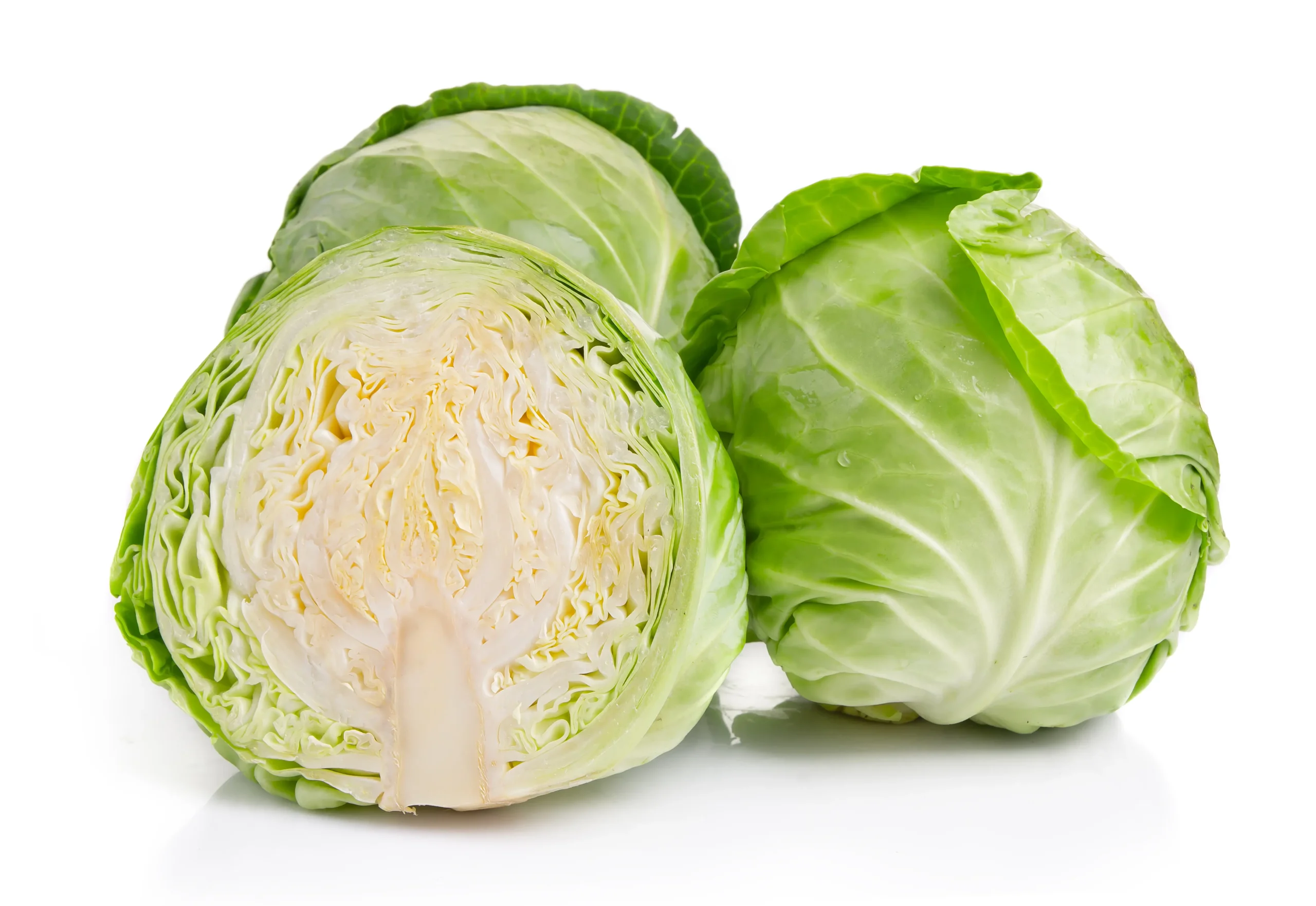
10. Ginger
Ginger is a superfood that adds a spicy kick to your juices while offering incredible health benefits. This powerful root has been used for centuries in traditional medicine for its anti-inflammatory and immune-boosting properties.
It contains potent bioactive compounds like gingerol, which helps combat inflammation and supports overall health. Ginger can soothe digestive issues, reduce nausea, and promote better circulation. Additionally, its antioxidants help fight free radicals, which can protect your cells from damage.
Adding ginger to your juice not only enhances flavor but also provides a natural energy boost and supports a healthy immune system. It pairs especially well with carrots, apples, and lemons, creating a balanced and invigorating drink.
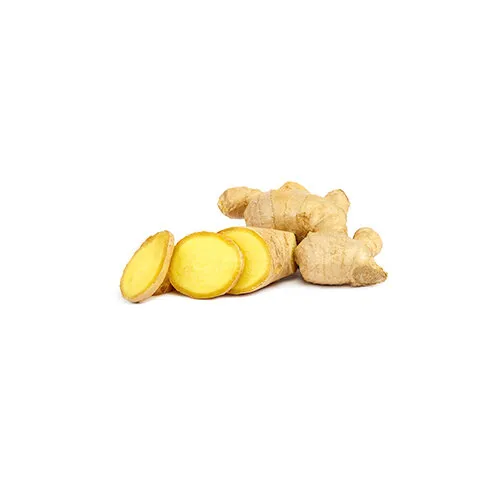
NUTRITIOUS JUICES AT YOUR NEAREST PURE GREEN FRANCHISE
Now that we have piqued your interest in the numerous benefits that vegetable juices have to offer, pop into your nearest Pure Green franchise for your daily dose of immune boosters and pick-me-ups.
They source only the best quality superfoods from around the globe, and strive to be a positive force. Pure Green’s cold-pressed juices are packed with nutrition as nature intended, and retains all the healthy goodness of the minerals and live enzymes – all without compromising on flavor or taste!
